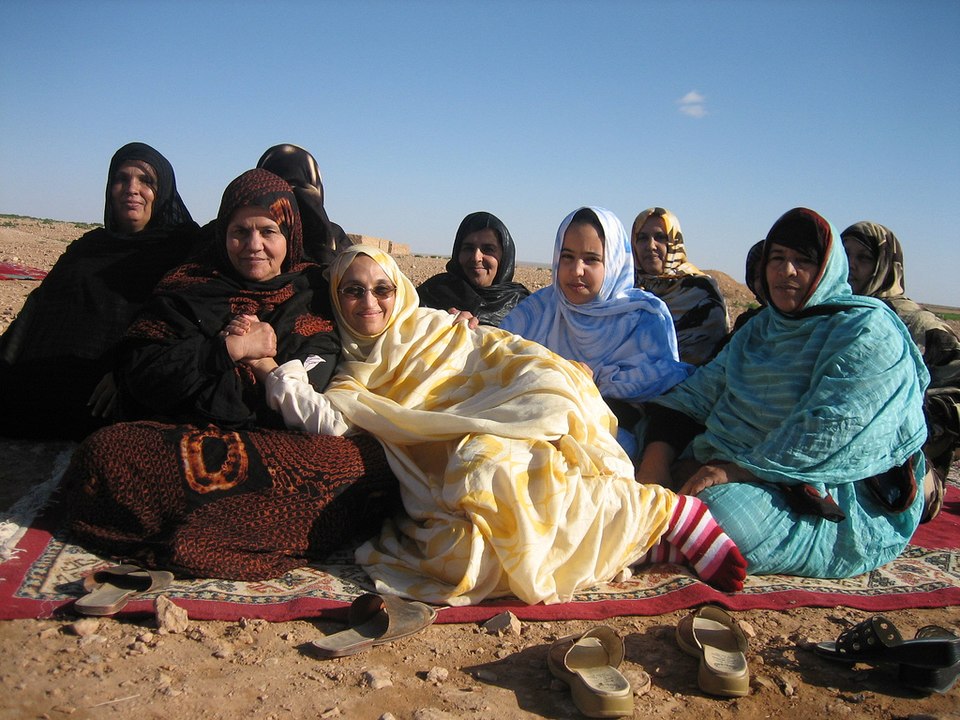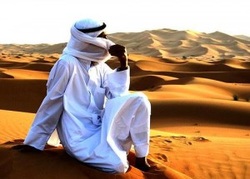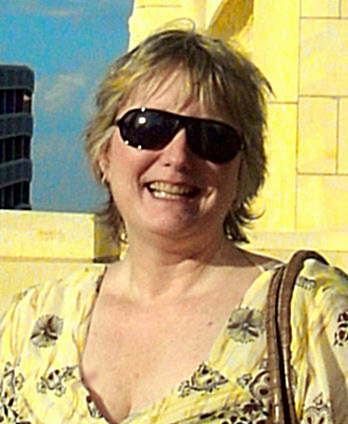I'm doing some research on deserts, in particular the Saharan and my anthropology brain kicks into gear.
I ran across this line:
"As with most peoples living in the Sahara, the Sahrawi culture is mixed. It shows mainly Arab-Berber characteristics, like the privileged position of women,.."
I'm thinking, what if everything we described about men and women originated from a female point of view? Or a matriarchial assumption of gender dominance?
So instead of "a privileged position" for women in a society, might it be "a less than privileged position" for men? Or, Men's place in that culture was almost equal to women? Or perhaps there was a leveled gender bias?
I find it interesting that cultures weren't always one gender dominating the other and that one didn't "dominate" but each gender became symbiotic to their "skill set" and natural abilities. Obviously, men can't birth babies, but there are cultures where men raise the children (very few before a certain age) after a certain age, usually the males raised by males, etc.
Who had the audacity to dictate who did what? Some are obvious. Women can't defend their family when heavily pregnant or for a while after childbirth. I'd like to have a talk with that person LOL. She or he (probably he) started a trend we are still trying to opt-out of.
Of course, this is just my humble opinon. :)



 RSS Feed
RSS Feed